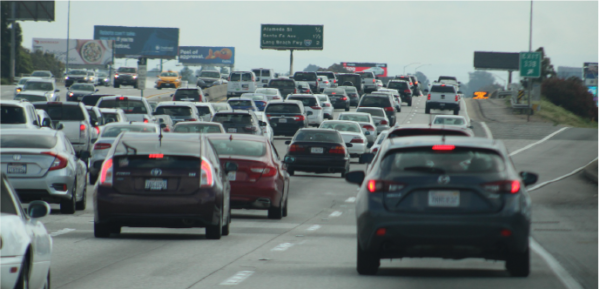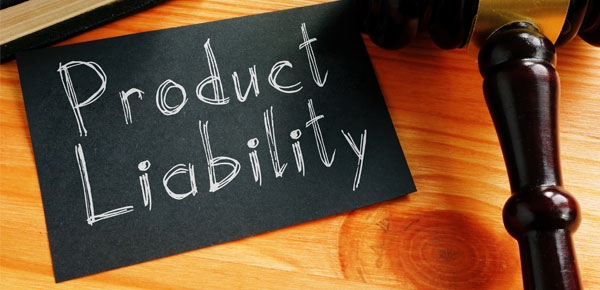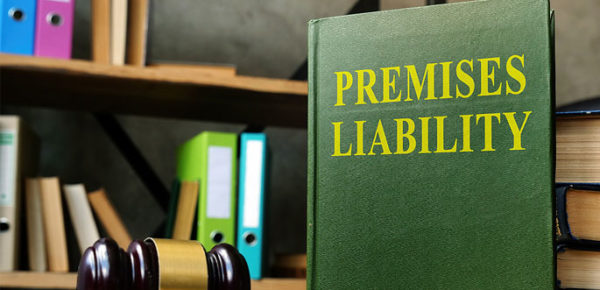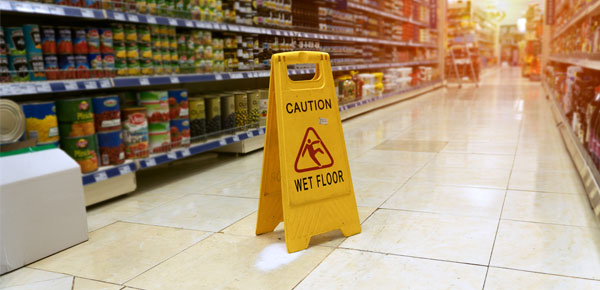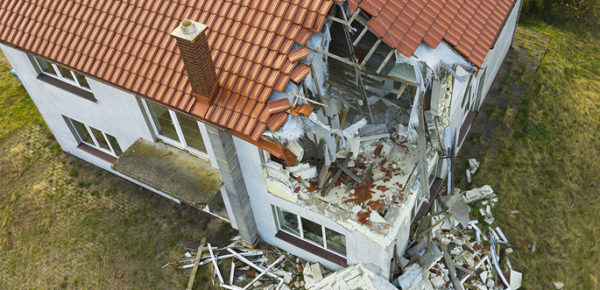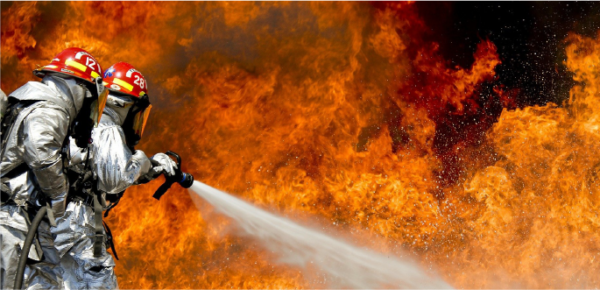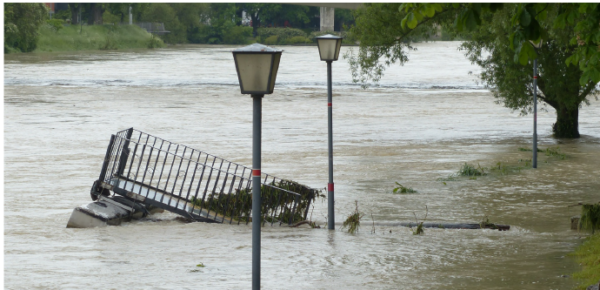Owning or even renting a home takes a significant investment. Experiencing property damage can create a serious financial burden you weren’t prepared for. Knowing the laws surrounding property damage and the legal remedies afforded to you can lift a lot of that burden from your shoulders, giving you peace of mind and a little comfort in your time of need. This article will cover the steps to seeking compensation, finding temporary housing, and more. Knowing the law and finding legal representation will go a long way in getting the necessary repairs made to your property and getting back to your normal activities.
Understanding Property Damage
Property damage is damage to real or personal property, caused either by an unintentional accident, negligence, a criminal act, or a natural disaster or event. For the purposes of this article, we will be focusing more on property damage as it relates to home and personal property within the confines of your property. This will include furniture, lawn equipment, electronics, and the home itself, such as structural, frame, and roof.
The different types of property damage will affect your case. This is because some things can be covered by homeowner’s or renter’s insurance, while others may have to be settled via lawsuit.
- Natural Disasters: California is no stranger to natural disasters. In fact, in 2021 alone, wildfires caused nearly $1.5 billion in property damage. The most common forms of natural disasters in California are wildfires, floods, landslides, and mudflows. But they also include tornadoes, which are not as rare as you might think. Since 1951, there have been nearly 500 tornadoes.
- Accidental Acts: Accidental property damage can include someone avoiding an accident or losing control of their vehicle and running into your property, a kitchen fire, or even a burst pipe that causes significant damage to your home or property. These are usually human errors or faulty pipes or wires or construction that result in damage but were unintentional or unforeseen.
- Negligence: Negligence is similar to accidental acts, but could’ve been avoided. This means the damage that was caused was due to the indifference or utter carelessness of another party. This could include an electrician cutting corners, a plumber that rushed the job, or a lawn care employee running over irrigation lines.
- Criminal Act: A criminal act can include vandalism and other such acts meant to destroy or cause real damage to your home or possessions. This can include arson, broken windows, the damage left in the wake of a burglary, spray painting obscenities on your walls or garage door, etc. These acts are intentional and carried out with malice and planning.
Legal Options for Homeowners
It is very important that you, as a homeowner understand the legal options available to you. Your legal options will depend on the types of damage your property sustained, the dollar amount in losses you have suffered, and whether or not the damage came from a criminal act, a natural disaster, or an unforeseen error.
Most damages should be covered by homeowner’s insurance. However, you should know that homeowner’s insurance does not automatically cover all damages. Come only covers damage from certain types of natural disasters. In California, some insurance companies will no longer cover damages sustained from wildfires. Getting to know what your insurance covers and familiarizing yourself with the claims process will go a long way in getting the ball rolling and preparing you for what to do next.
Home owner’s insurance may also cover certain instances of vandalism and theft, however, you may also need to prepare to file a lawsuit to gain compensation or your property back. If you have suffered property damage due to someone else’s neglect or intentional act, consulting with a qualified property damage lawyer in California should be your next step. They can provide you with guidance and navigate through the complexities for you. They can also help you by filing a claim against your homeowner’s insurance provider, paving the way for you to get your property back to top condition.
Remember, if you live in an HOA, you may have additional legal remedies available to you. Be sure to read up on the HOA community rules and regulations to know where you stand. You may discover that they may have certain obligations to you. By keeping an open line of communication with your community HOA, you may find a wealth of information that can benefit you in your situation.
Legal Options for Tenants
As a tenant, your renter’s insurance may help you receive financial restitution for belongings that may have been damaged or stolen. When it comes to the property itself, the homeowner will have to seek out avenues for making the necessary repairs. In the meantime, you may need to find temporary housing until the structural repairs are complete. In the meantime, it’s always a good idea to familiarize yourself with your insurance coverage, the claims process, and securing the funds to temporarily relocate if necessary.
First off, it’s very important that you notify the landlord or property manager immediately in the event there has been property damage. Putting this off could result in you being found partially liable for the damages. An immediate notification will put those responsible for the property in a position to take immediate action, which will also benefit you. Remember, you have the right to request quick repairs. In fact, in California, those responsible for the property are legally obligated to keep the property in a habitable condition. If they do not, you can take further action. In some cases, you may be eligible for temporary housing arrangements or even the termination of your lease if the property damage isn’t addressed in a timely manner or if the property is uninhabitable.
It is always recommended that you speak to an experienced attorney as one of your first steps to help ensure you receive fair treatment under the law.
Conclusion
Property damage means the real damage to your home or belongings. This can be caused by a natural disaster, an accident, a criminal act, or by someone’s negligence. Whether you are a homeowner or a tenant, you have rights under California law that are in place to protect you. Knowing what to do if you have experienced property damage is critical to finding the right remedies.
If you’ve suffered damage to your property, contact Pyramid Legal today for a free consultation. We will help you to find a suitable remedy and get you the justice you deserve.

